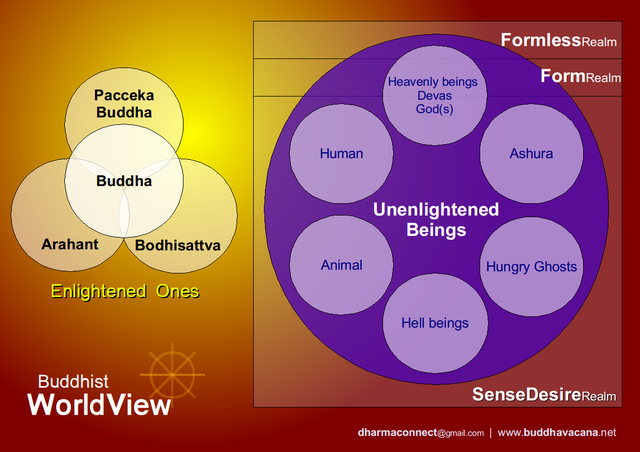Below is an excerpt from an email I wrote, some thoughts about practices. Thought it may be useful.
After reading your email, here are some thoughts to share with you on Om Mantra chanting.
Over the CNY period, I met a couple of lay buddhists and while chatting, we touched on the topic of practices. It turned out that one was learning the lam rim teaching while others were doing Om mantra chanting. So I quizzed them about their practices and asked them something. While we do all forms of practices, be it Mantra or Buddha name recitation, Buddha recollection, sutra recitation, meditation (Samatha or Vipassana) etc, we may want to consider how it is linked to our daily defilements and our learning of Dharma.
Let’s leave non Buddhist and nominal (Read: non-practising) Buddhist aside for now. When some people start attending Dharma classes, they get caught up with the knowledge of Buddhism and Dharma, but fail to see the application or link of Dharma in their daily lives. Then there are those who busy themselves with chanting, offering and even meditation without grounding themselves with the teachings. Sometimes, we may even do all forms of practices but not be able to link it with our lives, with our defilements, or rather, the reduction or removal of our defilements. Granted, these are phases that most people go through, but it is important not to get stuck in them.
Ask ourselves this simple question: How have my practices helped reduce the defilements? How does the four preliminaries help in the reduction?
Don’t start thinking of model answers. I know them. We all know them. We must ask honestly and answer honestly whether our present experience is actually so. If it is, we should (hopefully) know how it helped, and if it is not helping, we should also know why. That way we then know what other practices we lack, and need to do.
Sometimes we still do not know after reflection. Then we should seek our teacher for advice and guidance. Again honesty helps. If you give your teachers model situations, your teachers will only give you model answers. Give your teacher the actual situation you are in, and you are more likely to get the right advice for your problem.
Besides our practices, we should not forget the teachings of the Buddha. Again, we should strive to see the defilements, the wholesomeness and unwholesomeness in our daily lives, our interaction with people and our experience throughout the day. Then we should try to apply the teachings and see how our experiences and responses changes. That way the teachings become linked with our lives.
Further, the teachings ARE linked to our practices as well. Depending on the practices we do, we should know whether it is linked to one teaching or the other, whether it is a preliminary or primary practices, whether it is supportive to definitive. Take Om chanting or Dabeizhou chanting for example. As I understand it, both are linked to Great Compassion and Great Loving Kindness (usually flipped in Chinese: 大慈大悲). At the preliminary level, we chant, focusing only on the sound or the words. Doing this can helps us develop some form of concentration. If we only do this, it is better than not. But if we can move further to reflect on loving kindness and compassion, on why we should have both, and actually develop both, then it is better. Then when we chant either Om Mani Padme Hum or 大悲咒, we first immerse our mind (some like ‘heart’ better) with loving kindness and compassion, then proceed to chant, we slowly connect with the
teaching of loving kindness and compassion. We start to embody both qualities.
But being unenlightened, we are forgetful and selfish. So while we can embody both qualities while chanting, we forget soon after and think only of ourselves. So why 1M or for that matter, 1 billion? So that we strengthen these qualities in us through repetition and effort. It might as well be a trillion times or it can be just ONE. If we can embody these qualities with just one recitation, it does not matter. But most of us (like say, ALL of us unenlightened beings) cannot, so it is helpful to chant for long continuous durations. As Mike put it succinctly, the number of times don’t really matter. As I know it, what matters is whether we embody 大慈大悲.
If a person actively reflects on his body, speech and mind, and embodies 大慈大悲 within his three karma, then he is chanting Om Mani Padme Hum. An mp3 player can ‘chant’ a trillion times of it and be nowhere nearer or further from Buddhahood.
Remember, whether you 念(chant or recite) or 唸, you need to use your 心(heart or mind).
And again, Sadhu, Sadhu, Sadhu on all your endeavours on the path to Enlightenment!
^_^
With smiles & metta,
—
Shi Chuan Guan (Bhikshu)
aka ZhiXing


